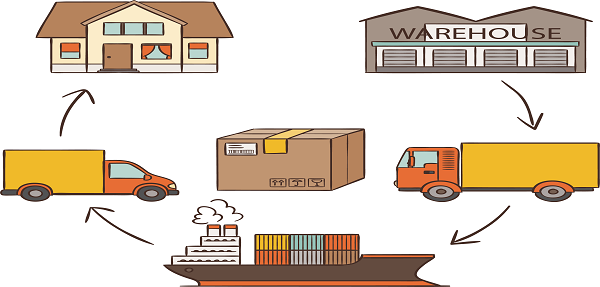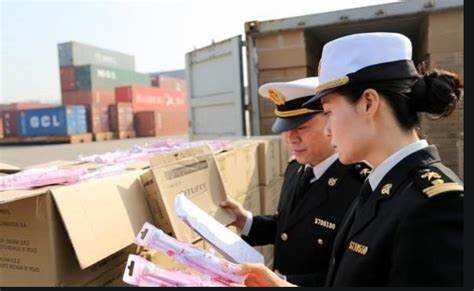international trade tariff
International trade tariffs are crucial economic instruments that govern global commerce and regulate the flow of goods between countries. These customs duties, imposed on imported goods and services, serve multiple functions in international trade. The system operates through sophisticated digital platforms that enable real-time calculation and processing of duties based on various factors, including product classification, country of origin, and applicable trade agreements. Modern tariff systems incorporate advanced technologies for automated customs clearance, risk assessment, and compliance monitoring. They utilize harmonized coding systems that standardize product classification across borders, making international trade more efficient and transparent. The system also features integrated payment processing capabilities, electronic documentation handling, and automated verification protocols. These technological implementations help customs authorities manage trade flows, ensure compliance with international regulations, and collect appropriate duties. The applications of international trade tariffs extend beyond revenue generation, serving as tools for protecting domestic industries, maintaining fair competition, and implementing trade policies. They play a vital role in economic diplomacy, helping countries negotiate trade agreements and respond to unfair trading practices. The system also provides valuable data for economic analysis, market research, and policy planning, contributing to informed decision-making in international trade.


